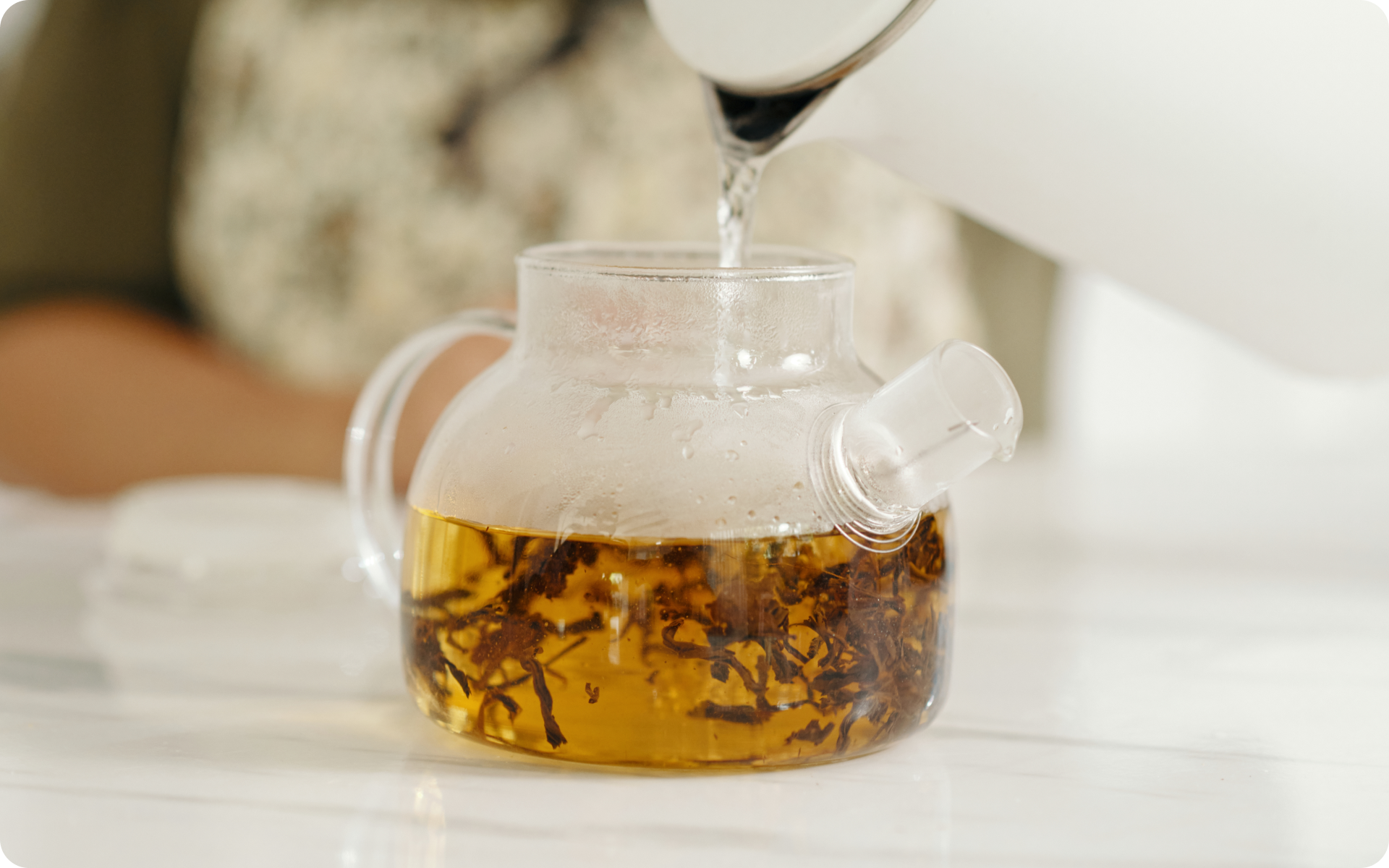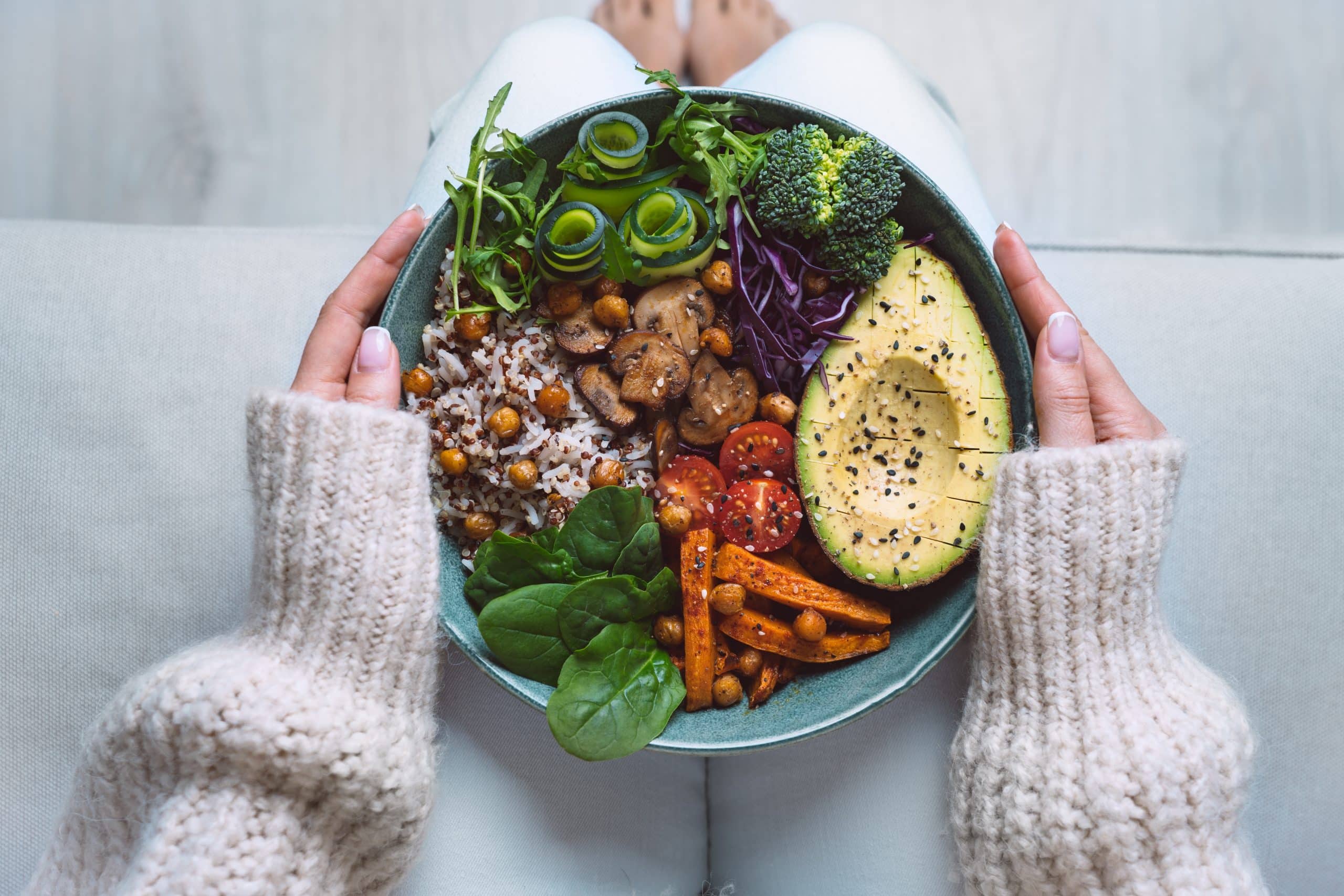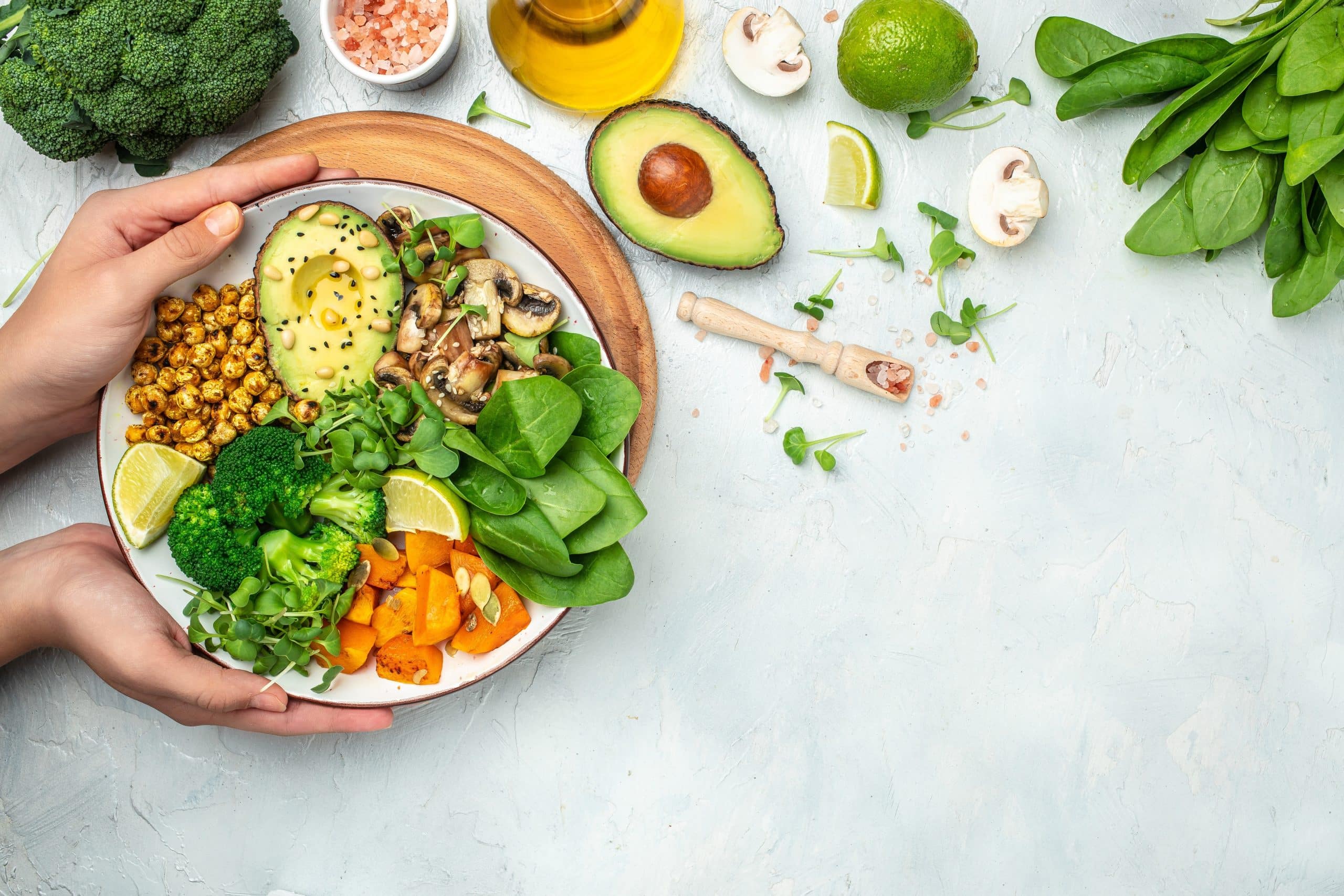Interest in Weight Loss Tea has grown considerably, and for good reason. Several studies have explored the bioactive components in different types of tea and the impact they have on metabolism and fat burning. However, with so many options available, choosing the right tea can be challenging.
If you’re considering tea as a natural supplement to your weight loss regimen, you’ve come to the right place. The question, “What is the best tea for weight loss?” deserves careful attention and evidence-based insights.
We will analyze the characteristics of the most recommended weight loss teas, based on scientific research and nutritional data. Our goal is to provide you with a clear guide to help you make informed decisions about your health.
Which Tea Burns the Most Belly Fat?
When it comes to weight loss, especially targeting belly fat, people often look to natural options. Does tea really exist that can help burn belly fat? While no tea can melt away fat on its own, certain teas may enhance your weight loss efforts when they’re included as part of a comprehensive wellness plan.
Below, we’ll discuss some of the most commonly recommended tummy fat-reducing teas and examine the scientific evidence behind their possible benefits.
Green Tea
When it comes to burning belly fat, green tea stands out as a powerful ally. The bioactive compounds in green tea, especially catechins and caffeine, have been proven to have a stimulating effect on metabolism. These components may slightly increase total energy expenditure and promote a higher rate of fat oxidation, which means your body may burn a few extra calories (1).
Of the many varieties of green tea, matcha is particularly notable. Used for centuries in China and Japan, matcha is a powdered green tea rich in antioxidants that are believed to promote heart, liver, and brain health. It might also help with weight loss the same way other types of green tea do, and its L-theanine content may also improve concentration and relaxation (2).
White Tea
White tea is made from the same plant as green tea and may have similar metabolism-stimulating effects, in addition to antioxidant activity, which makes white tea a natural and healthy option for those who are looking to manage their weight and improve their overall well-being (3).
Looking for a way to break the vicious cycle of weight loss and tone up all the jiggly parts? Watch the extra pounds fly off and your muscles firm up with the BetterMe: Health Coaching app!
Black Tea
Like green and white tea, black tea may boost alertness and heart health with its caffeine and antioxidants and may help with weight loss by increasing metabolic rate and fat oxidation. Black tea has a higher caffeine content than green tea, so if you’re caffeine-sensitive or have stress issues, it may not be beneficial, although it’s still lower in caffeine than coffee (4).
Oolong Tea
Oolong tea may be an effective ally in the fight against overweight and obesity. Like green and black tea, oolong tea contains high concentrations of catechins and caffeine, natural compounds that may boost metabolism and promote fat oxidation. These effects help burn calories and may reduce both body weight and abdominal fat. In this way, oolong tea becomes an enjoyable beverage and a potentially valuable support for achieving and maintaining a healthy weight (5).
Rooibos Tea
Fermented rooibos, a South African infusion rich in antioxidants, could support the fight against overweight. Test tube studies have suggested that this tea also may inhibit the formation of new fat cells and regulate key genes in lipid metabolism. Though promising, more human studies are needed to confirm these effects (6).
Mint Tea
Peppermint tea is an herbal ally for weight control, different from teas such as green and black tea that influence metabolism. It may help with weight loss by promoting digestive comfort and suppressing appetite (7). In addition, peppermint tea has been traditionally used to treat indigestion, which makes it an excellent choice for those who are looking to manage their weight and improve digestive comfort (8).
Ginger Tea
Ginger tea may aid weight loss by supporting digestion and metabolism. Gingerols, the main active compounds, have antioxidant and anti-inflammatory properties and may influence glucose and lipid metabolism (9).
When it comes to targeting belly fat, teas can be a helpful addition to a holistic weight loss plan. Rich in antioxidants, many teas may boost metabolism, enhance fat oxidation, and improve digestion. Simply replacing sugary beverages with unsweetened tea can help reduce your calorie intake and directly support weight loss in that way. Although no tea can single-handedly melt away fat, its benefits can support your weight loss efforts when combined with a balanced diet and regular exercise. Effective weight management is multifaceted and involves multiple lifestyle factors.
Read more: 7 Benefits of Quitting Caffeine, and What To Drink Instead
What Is the Healthiest Tea to Drink Daily?
Choosing the healthiest tea to drink daily depends on your preferences and health goals. Most teas offer unique advantages but share common benefits due to their rich content of antioxidants such as catechins and flavonoids. These compounds may help combat free radicals, reduce oxidative stress, boost metabolism, enhance fat oxidation, and improve heart health (10).
Many teas also have anti-inflammatory properties and some can help alleviate indigestion. The caffeine content in some teas provides a gentle energy boost, while caffeine-free options can be calming and soothing, ideal for winding down.
Ultimately, the best tea for daily consumption depends on your taste and how each type makes you feel. Experiment to find your perfect match, whether you seek metabolic benefits or digestive support.
Best Tea for Weight Loss: What Tea Burns Fat at Night?
There are no studies that specifically demonstrate that any tea helps to lose fat overnight. However, in the evening, even though it’s not directly related to fat loss, teas with digestive soothing properties such as chamomile, fennel, or mint are recommended. These teas are believed to aid digestion and reduce bloating, providing a sense of well-being and relaxation before bedtime. They are also free from caffeine, so they won’t interfere with your ability to sleep. Incorporating these teas into your nighttime routine might improve your digestion and contribute to more restful sleep (11)(12).
In a comprehensive wellness plan, feeling good, getting adequate rest, and having good digestion are essential components for achieving weight loss with a focus on being healthier and feeling better overall.
How Should I Drink My Tea to Lose Weight?
There’s no magical way to drink tea that will make you lose weight on its own, but here are some tips to help you incorporate tea into a healthy lifestyle to support weight loss:
- Drink tea without added calories: Avoid adding sugar, honey, milk, or cream. If you need to sweeten your tea, consider using a zero-calorie sweetener such as stevia.
- Make it a regular part of your routine: Drinking tea regularly may be more beneficial than doing it sporadically.
- Pair it with a balanced diet: Tea can complement a healthy diet. Make sure to follow a balanced, nutrient-rich diet.
- Combine it with exercise: Exercise is essential for weight loss as it burns calories, boosts metabolism, and preserves muscle mass. Combined with metabolism-boosting teas, results can be amplified.
- Choose the right tea: Opt for teas thought to have metabolism-boosting properties, such as green tea, oolong tea, or black tea.
Remember, sustainable and healthy weight loss doesn’t depend on a single beverage or food, but rather on a comprehensive approach that includes a balanced diet, regular exercise, and healthy lifestyle habits.
BetterMe: Health Coaching app is a foolproof way to go from zero to a weight loss hero in a safe and sustainable way! What are you waiting for? Start transforming your body now!
What Else Can I Drink to Burn Fat?
While there are many beverages that are said to help with weight loss, such as apple cider vinegar, coffee, or lemon water, I want to take this opportunity to not underestimate the power of water and hydration. Drinking enough water can help you feel full, improve your digestion, and eliminate toxins, which can indirectly facilitate weight loss. Furthermore, staying well-hydrated gives you more energy and helps you concentrate better, which is great for staying active and maintaining a balanced diet. So, although water may not be a magical drink for burning fat, it’s essential for any health and wellness plan (13).
Read more: Follow These Steps on How To Make Sun Tea Safely
FAQs
What should I drink to lose 10kg in a week?
It’s important to emphasize that losing 10 kg in a week is neither healthy nor sustainable. However, to support healthy weight loss, you can include some of the beverages we have mentioned to promote hydration, enhance metabolism, and provide natural antioxidants for overall well-being. Don’t forget to drink plenty of water too, and avoid sugary beverages. Remember that gradual and sustainable weight loss, accompanied by a balanced diet and regular exercise, is the best strategy.
What drink burns the most fat?
As previously mentioned, it’s important to highlight that teas alone don’t burn fat, nor do any other foods or beverages. However, if your goal is to boost metabolism and enhance fat oxidation, you could consider including teas that contain active substances in your daily routine. Green tea and its concentrated form, matcha, are excellent options due to their high content of catechins and caffeine. You may also consider oolong tea and black tea, which may offer similar metabolic benefits. These teas can be a valuable complement to a comprehensive approach that includes a balanced diet and regular exercise.
What melts belly fat before bed?
There is no magic drink that will melt away abdominal fat overnight. However, some infusions can support your weight loss efforts by improving digestion and relaxation before sleep. For example, fennel infusion may help with digestion and reduce bloating, peppermint tea promotes digestion and may suppress appetite, and chamomile infusion helps with relaxation and may improve sleep quality, which is essential for a healthy metabolism.
Best Tea for Weight Loss: The Bottom Line
Incorporating tea into your weight loss and wellness regimen may be beneficial, thanks to the bioactive compounds found in various teas that may enhance metabolism, improve digestion, and promote relaxation. While no tea will independently melt away fat, several types, such as green tea, oolong tea, and black tea, have been shown to support fat oxidation and increase energy expenditure. In addition, herbal infusions such as peppermint, fennel, and chamomile may aid digestive health and relaxation, indirectly supporting weight loss efforts.
For those who are looking to include tea as part of a comprehensive wellness plan, it’s important to maintain a balanced diet and regular exercise routine. Drinking tea without added sugars or creams, making it a part of your daily routine, and pairing it with healthy lifestyle choices will maximize its potential benefits. Furthermore, staying well-hydrated with water remains essential for overall health and effective weight management.
Remember, sustainable weight loss and well-being rely on a holistic approach that integrates a variety of healthy habits and choices.
DISCLAIMER:
This article is intended for general informational purposes only and does not serve to address individual circumstances. It is not a substitute for professional advice or help and should not be relied on for making any kind of decision-making. Any action taken as a direct or indirect result of the information in this article is entirely at your own risk and is your sole responsibility.
BetterMe, its content staff, and its medical advisors accept no responsibility for inaccuracies, errors, misstatements, inconsistencies, or omissions and specifically disclaim any liability, loss or risk, personal, professional or otherwise, which may be incurred as a consequence, directly or indirectly, of the use and/or application of any content.
You should always seek the advice of your physician or other qualified health provider with any questions you may have regarding a medical condition or your specific situation. Never disregard professional medical advice or delay seeking it because of BetterMe content. If you suspect or think you may have a medical emergency, call your doctor.
SOURCES
- Antiobesity effects of green tea catechins: a mechanistic review (2011, jnutbio.com)
- Health Benefits of Matcha (2023, webmd.com)
- White Tea (Camellia Sinensis (L.)): Antioxidant Properties And Beneficial Health Effects (2023, scidoc.com)
- Black Tea (2021, medlineplus.gov)
- Beneficial effects of oolong tea consumption on diet-induced overweight and obese subjects (2009, sciencedirect.com)
- Effects of fermented rooibos (Aspalathus linearis) on adipocyte differentiation (2014, phytomedicine.com)
- Effect of acute peppermint oil administration on gastric sensorimotor function and nutrient tolerance (2013, neurogastromotil.com)
- Ethnomedicinal, phytochemical and pharmacological updates on mint (Mentha × piperita L.): A review (2020, phytotherapy.com)
- Promising influences of gingerols against metabolic syndrome: A mechanistic review (2022, biofactors.com)
- Role of tea flavonoids in cardiovascular protection (2008, medinterna.com)
- Are There Health Benefits to Drinking Fennel Tea? (2022, webmd.com)
- Chamomile: A herbal medicine of the past with bright future (2010, molecularmed.com)
- Water as an essential nutrient: the physiological basis of hydration (2010, clinutrition.com)









